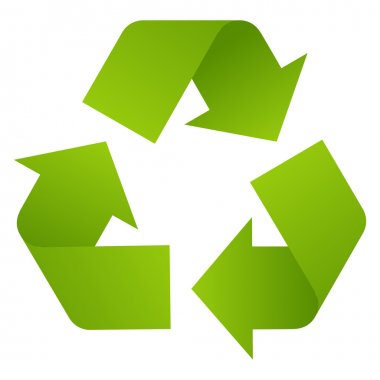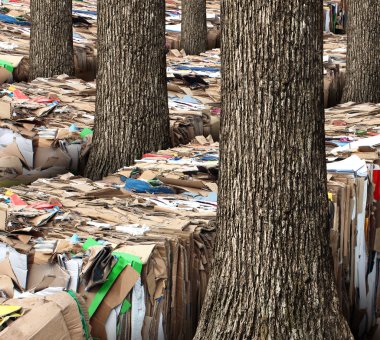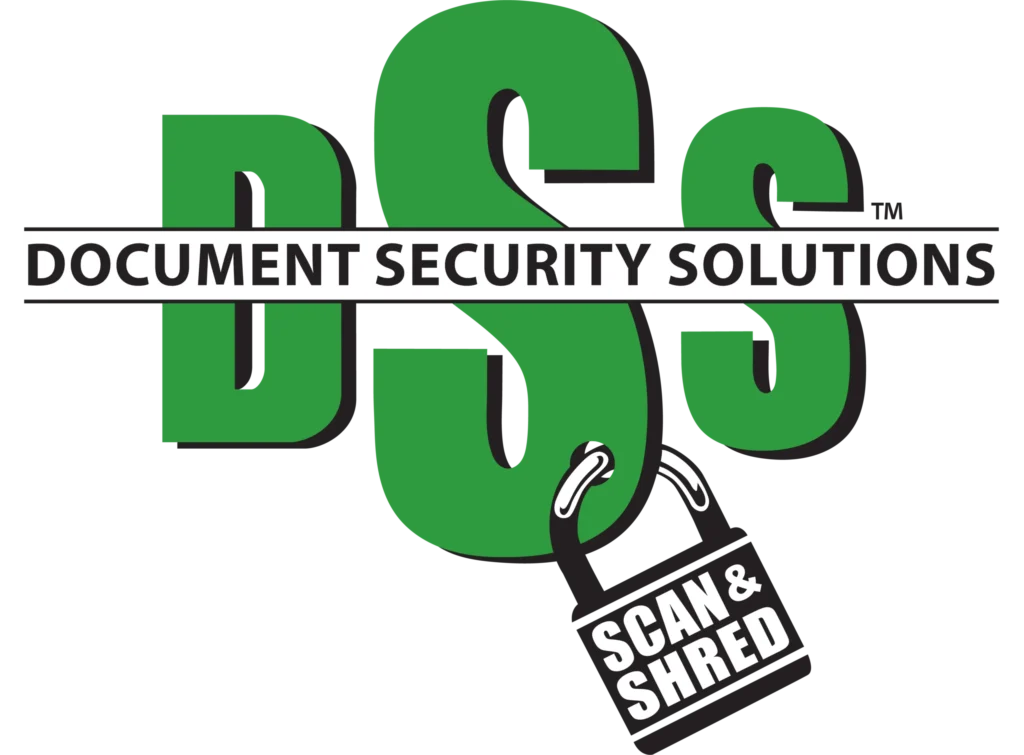Imagine you’re holding a piece of paper. You’ve read it, now it’s waste. But what if you could help reduce deforestation and landfill overflow just by shredding that paper? That’s right, your trash isn’t meaningless. In fact, it’s part of an important recycling process impacting our environment. Let’s explore how paper shredding contributes to recycling efforts and why you should care.
Understanding the Basics of Paper Shredding
You’re about to learn the basics of paper shredding and how it’s more than just tearing up old documents. It involves specialized shredding equipment that reduces paper into tiny, unreadable pieces, addressing confidentiality concerns while providing an environmentally friendly way to dispose of waste.
Let’s talk about shredding equipment first. These machines are designed to shred paper in different ways – strip-cut, cross-cut, or micro-cut – each resulting in varying levels of security and volume reduction. The choice depends on your needs: if you have highly sensitive data, you’d opt for a micro-cut shredder.
Now let’s tackle confidentiality concerns. Companies deal with a lot of sensitive information that can’t be carelessly thrown away. Shredding ensures this data is properly destroyed, protecting businesses from potential legal complications.
But here’s the kicker: paper shredding isn’t just good for security; it’s also good for the environment. By reducing the volume of waste sent to landfills and enabling recycling efforts, we’re doing our part in conserving resources and mitigating climate change.
The Significance of Paper Shredding in Waste Management
In managing waste, it’s crucial to understand the importance of tearing up documents into tiny pieces. This is not just about safeguarding your personal information, but also about contributing to a healthier environment. Shredding innovation has come a long way in facilitating efficient and environmentally-friendly disposal of paper waste.
Consider this:
– Shredded paper can be recycled
– When shredded, paper becomes easier to process at recycling plants
– It reduces landfill usage and promotes sustainability
– Waste legislation supports shredding
– Many jurisdictions have laws encouraging or even mandating recycling
– Compliance with these laws often involves shredding
While you’re doing your part for the environment, remember that all paper products should be disposed of responsibly. Whether it’s through traditional recycling methods or innovative shredding practices, every effort counts towards reducing waste and conserviving our natural resources. So next time you’re ready to discard that stack of old documents, think twice – your conscious actions are making an impact on our planet’s future.
The Process: From Paper Shredding to Recycling
You may not realize it, but the simple act of shredding paper plays a significant role in our environmental health. Not only does this process reduce paper waste volume significantly, but it also facilitates recycling efforts as shredded paper is often easier to process than whole sheets. Let’s delve deeper into the specifics of how paper gets transformed from your office discard pile into recycled products through the journey of shredding and reprocessing.
Shredding Process
It’s crucial to understand that the shredding process not only destroys sensitive documents but also prepares paper for recycling. Shredding equipment advancements have made it possible to turn large volumes of paper into tiny, unreadable bits in seconds, addressing confidentiality concerns while boosting recycling efforts.
– Shredding Equipment Advancements:
– High-speed shredders: They churn out confetti-sized pieces, perfect for recycling.
– Industrial-grade balers: These compact shredded papers into manageable bales ready for transportation to recycling centers.
– Confidentiality Concerns:
– Cross-cutting technology: It ensures documents are thoroughly destroyed beyond recognition, protecting your sensitive information.
– Secure disposal methods: Confidentiality remains intact from collection to destruction and finally, recycling.
Recycling Shredded Paper
Once shredded, those tiny bits of documents aren’t just waste – they’re actually a valuable resource that can be reused. You might consider engaging in shredded paper crafts to repurpose this material creatively. From decorative ornaments to biodegradable plant pots, the possibilities are endless.
But if you’re not into crafts, there’s another eco-friendly use for your shredded paper: composting. Paper composting techniques have proven effective in reducing landfill waste and enriching soil health. Just mix your shredded paper with green garden waste, turn it regularly, and you’ve got nutrient-rich compost for your plants.
Remember: recycling isn’t just about reusing materials; it’s about appreciating their value and potential beyond their original purpose.
Environmental Benefits of Paper Shredding and Recycling
You might be wondering about the role shredding plays in recycling and how it impacts deforestation reduction. Well, research has shown that shredding is a critical step in the recycling process, significantly contributing towards environmental conservation by reducing the demand for virgin paper products. By understanding this, you’re not only becoming more environmentally conscious but also playing your part in mitigating deforestation and promoting sustainable practices.
Shredding’s Role in Recycling
Shredding’s role in recycling can’t be underestimated as it greatly facilitates the repurposing of paper waste. Adhering to strict shredding regulations, you ensure proper disposal while contributing positively to environmental sustainability. By embracing innovative shredding technologies, you not only ensure compliance but also boost efficiency and cost-effectiveness.
* Shredding Regulations:
– Govern how businesses handle confidential documents.
– Help prevent identity theft and data breaches.
* Innovative Shredding Technologies:
– Propel eco-friendly initiatives by improving energy efficiency.
– Facilitate easy repurposing of shredded materials into new products.
Impact on Deforestation Reduction
It’s clear that the reduction of deforestation is a direct result of proper waste management and innovative technologies. One significant development you should be aware of is shredding technology advancements. They’re transforming how businesses handle waste paper. By incorporating robust corporate shredding policies, companies are not just securing sensitive information but also contributing significantly to recycling efforts.
Shredded paper can be efficiently recycled into new products, reducing the need for fresh wood pulp. This results in fewer trees being cut down, thus mitigating deforestation. Remember, every piece of shredded paper means one less demand on our forests. So next time you think about discarding that printout, remember your role in protecting our environment through responsible shredding practices.
Challenges and Solutions in Paper Shredding and Recycling
There’s a range of challenges and solutions in paper shredding and recycling that we need to tackle for better environmental sustainability. As you delve deeper into this topic, it becomes clear that the security implications are not as straightforward as they seem. Shredding technology advancements offer promising solutions, but also bring their own set of issues.
To break things down:
* Security implications
* Privacy concerns: When papers are shredded, important information can fall into the wrong hands if not properly managed.
* Disposal complications: After shredding, ensuring secure disposal is an often overlooked challenge.
* Shredding technology advancements
* Efficiency boost: Newer technologies can shred paper more efficiently, reducing energy use.
* Recycling difficulties: While these advancements aid in the shredding process, they often complicate recycling due to the smaller size and mixed nature of shredded waste.
Remember though, these challenges aren’t insurmountable. With careful management and continual technological innovation, we can overcome them while maintaining our focus on environmental conservation. It’s a delicate balance between protecting privacy and safeguarding our environment – one that requires your active participation.
Case Studies: Successful Initiatives in Paper Shredding and Recycling
We’ve seen numerous successful initiatives in the realm of document destruction and reuse, providing valuable case studies for further improvement. You’re probably aware of shredding innovation advancements that have led to more efficient recycling processes. One such example is the introduction of shredders with automated sorting capabilities, significantly reducing contamination levels in recycled paper.
Public awareness campaigns also play a crucial role in these success stories. They’ve been instrumental in educating people about the importance of proper document disposal and the environmental benefits it brings. For instance, campaigns highlighting how every tonne of paper recycled saves 17 trees from being cut down inspire individuals and companies to participate more actively in paper shredding and recycling schemes.
You can contribute too! By choosing to shred your documents before recycling them, you’re not only ensuring your personal or business information’s security but also helping decrease landfill use and deforestation rates. Remember, every piece of shredded paper counts towards a greener future!
Frequently Asked Questions
What Specific Types of Paper Can and Cannot Be Shredded and Recycled?
You can shred and recycle most paper types. However, paper quality impacts shredding limitations. Glossy or laminated papers aren’t ideal due to the coatings, and shredded receipts often aren’t recyclable because of thermal printing issues.
Are There Any Health Risks Associated With the Paper Shredding and Recycling Process?
While you’re not likely to sprout an extra thumb from using shredding equipment, safety is vital. Prolonged exposure to ink can have health effects, so it’s important to handle shredded paper responsibly.
How Does the Cost of Paper Shredding and Recycling Compare to Traditional Waste Disposal Methods?
While shredding equipment costs may seem high initially, you’ll find that the environmental savings outweigh this. Shredding and recycling paper is often cheaper than traditional waste disposal methods in the long run.
What Innovative Technologies Are Being Developed to Improve the Efficiency of Paper Shredding and Recycling Processes?
You’ve likely heard of Shredding Technology Advancements. One innovation, the high-speed hammermill, significantly improves shredding efficiency. This Recycling Process Innovation saves energy and boosts recycling rates, making a positive environmental impact.
Can Individuals Contribute to Paper Shredding and Recycling Efforts at Home, and if So, How?
Yes, you can contribute to these efforts at home by using home shredding equipment. It’s a simple DIY recycling technique that turns waste paper into material ready for reuse, thus reducing environmental impact.





